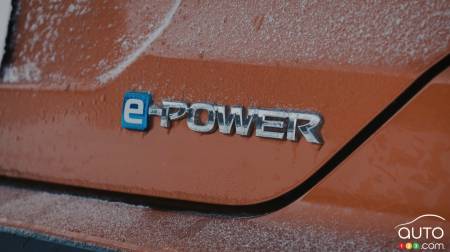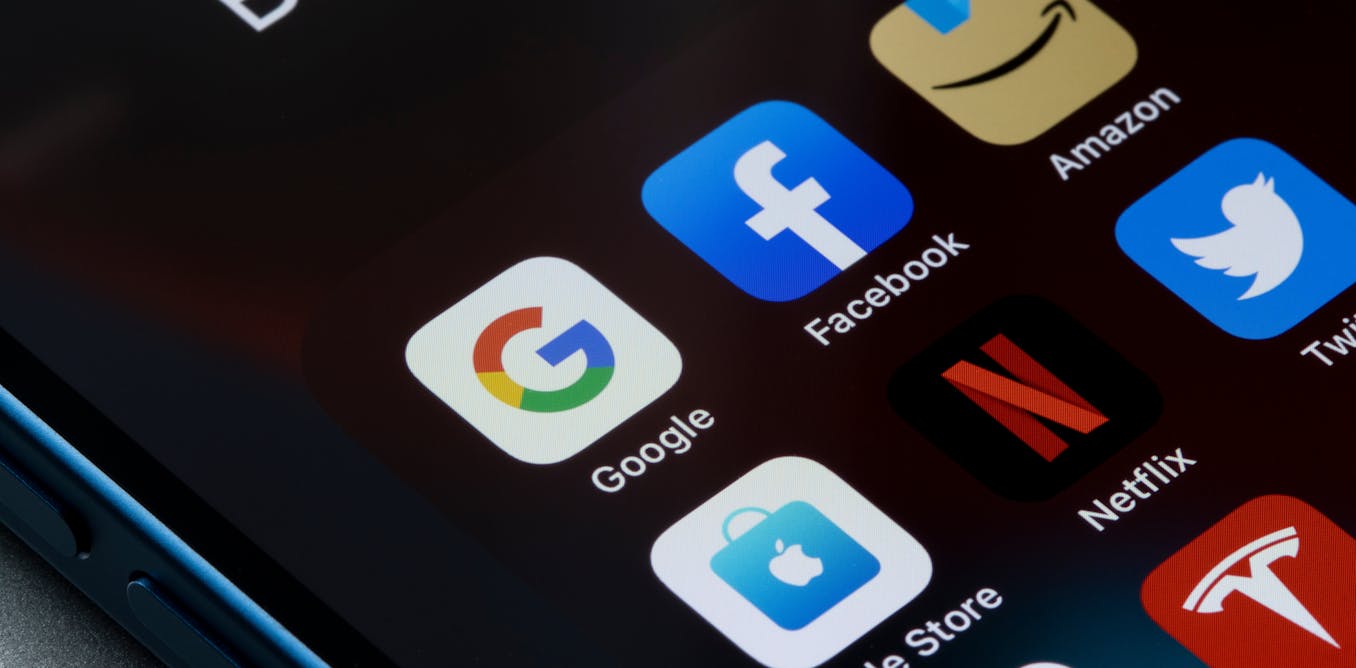Nissan to bring new, improved e-Power tech to North America | Car News | Auto123
After two failed attempts, Nissan is making another hybrid push in North America with a new version of its e-Power hybrid technology. It will debut in the 2027 edition of the Rogue, its best-selling vehicle on the New Continent.
Unveiled on May 26 in Japan, the 3rd-generation e-Power system promises a quieter functioning, improved efficiency and better suitability for North American drivers' expectations.
The Rogue e-Power will arrive here as part of the fourth-generation compact SUV's redesign, scheduled for the fiscal year ending March 2027. Before that, Europe will get a taste of the new tech in September via the Qashqai, followed by Japan in 2026 with the Elgrand minivan.
Unlike conventional hybrids, e-Power uses a combustion engine solely to generate electricity, much like the Chevrolet Volt. This electricity then powers a lithium-ion battery that drives an electric motor. So, it's essentially an electric vehicle... supported by an ICE.

e-Power badging | Photo: Nissan
Introduced in 2016 in Japan, the technology was well-received domestically, but its arrival here was short-circuited because it was found to be insufficiently efficient on highways. With this new iteration, Nissan promises a 15-percent improvement on the highway and 9 percent in the city.
The core of this progress lies in an optimized 1.5L 3-cylinder turbo engine designed to generate electricity. Gone is the variable compression technology; Nissan is now banking on the electric motor for low-speed power and a more efficient combustion engine at high speeds. The result? Fewer parts, less weight, less noise.
Another major innovation is the integration of five essential components (motor, inverter, generator, reducer, multiplier) into a single, compact module. This system, supplied by Jatco, reduces weight, noise and manufacturing cost.
When driving, engineers claim the difference is striking. The quiet acceleration, combined with immediate electric torque, should appeal to drivers accustomed to EV driving... but allergic to range anxiety.
With the Rogue e-Power, Nissan finally hopes to catch up with Toyota and Honda in the hybrid market. However, the economic challenge remains: despite a 10% reduction in production costs, the final price might still exceed that of a gasoline model.
But for Nissan, the stakes are high: the Rogue was the ninth best-selling vehicle in the United States in 2024. Relying on this workhorse for a hybrid offensive is therefore strategic.
Nissan is back in the hybrid race with a matured, refined product better suited to our North American reality. It remains to be seen if the public will follow. The promise of an EV without the constraints of an EV is certainly enticing.










